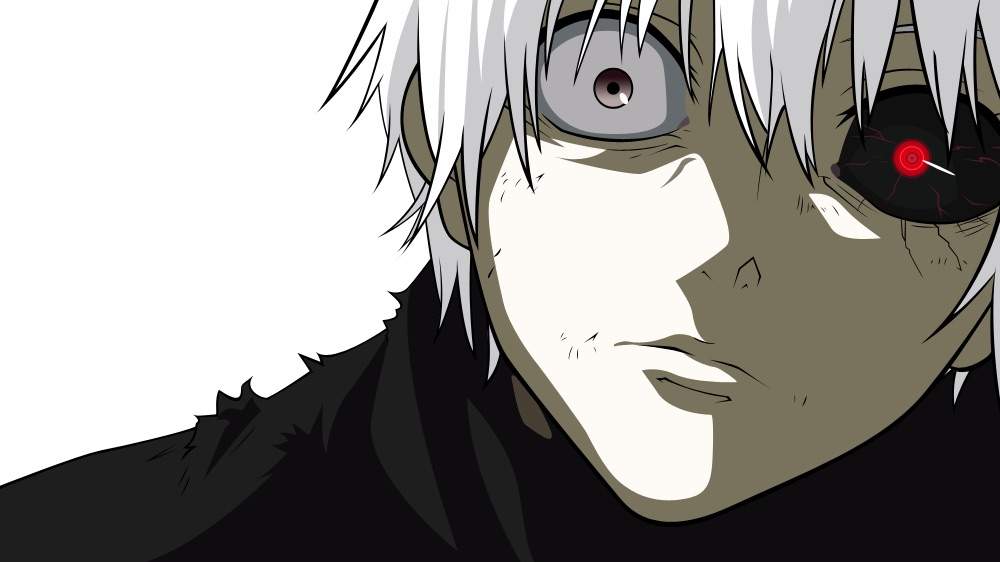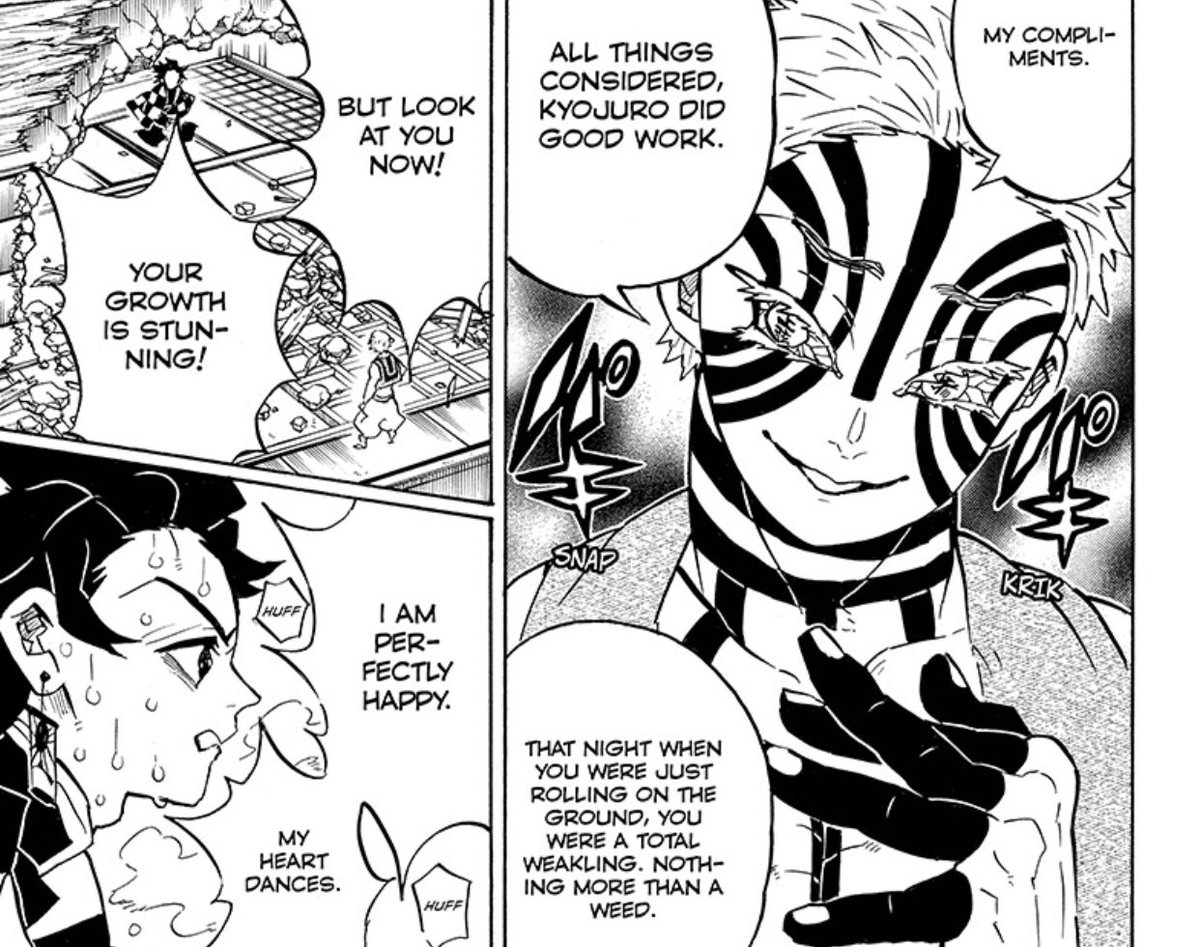Harvard Health Blog
Feb 06, 2019 How To Act Like Kaneki. To stop cracking your knuckles, give your fingers something else to do, like twirling a pencil or rolling a coin. Additionally, try taking up a new hobby that keeps your hands busy, like drawing or arts and crafts. To try a behavioral therapy, wear a rubber band around your wrist. How To Crack Your Fingers Like Kaneki Ken. Mimicking behavior is a pretty normal thing. Kaneki probably just picked it up from watching Jason, not as a natural consequence of being tortured. Didn't the cochlea interrogator also crack his fingers like that, before Jason? So some readers were bound to pick it up too. Especially if they already had a habit of cracking fingers, to begin with. Cracks for days.
Like Kaneki, Naki inherited the finger cracking habit from Yamori. His name has the same pronunciation as 泣き (naki), which meant 'weeping' or 'lamenting.' In Tokyo Ghoul Trump, he is jointly featured with Gagi and Guge, as the 'Two of Diamonds.' He is left-handed. Quotes edit edit source To Kaneki: 'There's so many memories welling up.
- Author: Robert H. Shmerling, MD, Senior Faculty Editor, Harvard Health Publishing
Follow me on Twitter @RobShmerling
Knuckle cracking is a common behavior enjoyed by many. It can become a habit or a way to deal with nervous energy; some describe it as a way to “release tension.” For some, it’s simply an annoying thing that other people do.
If you’ve ever wondered why stretching the fingers in certain ways causes that familiar noise or whether knuckle cracking is harmful in some way, read on. Despite how common it is, there has been considerable debate regarding where the noise comes from. Fortunately — at least for those of us who are curious about it — knuckle cracking has been the subject of a fair amount of research.
Here’s some of what we know about knuckle cracking
- The “cracking” of knuckle cracking seems to be produced by increasing the space between finger joints. This causes gas bubbles in the joint fluid to collapse or burst. It’s a bit like blowing up a balloon and then stretching the walls of the balloon outward until it pops.
- The reason you can’t crack the same knuckle or joint twice right away is that it takes some time for the gas bubbles to accumulate again in the joint.
- Cracking the knuckles is probably harmless. Although there have been occasional reports of dislocations or tendon injuries from overly vigorous knuckle cracking, such problems seem very much to be the exception and not the rule.
How do we know that knuckle cracking is harmless?
One of the most convincing bits of evidence suggesting that knuckle cracking is harmless comes from a California physician who reported on an experiment he conducted on himself. Over his lifetime, he regularly cracked the knuckles of only one hand. He checked x-rays on himself after decades of this behavior and found no difference in arthritis between his hands. A larger study came to a similar conclusion.
There are rare medical reports of problems associated with this behavior that may relate to how much force is applied and one’s particular technique. For example, joint dislocations and tendon injuries have been described after attempts to crack knuckles. One study published in 1990 found that among 74 people who regularly cracked their knuckles, their average grip strength was lower and there were more instances of hand swelling than among 226 people who did not crack their knuckles. However, the incidence of arthritis was the same in both groups.

And a new study created a mathematical model of a knuckle that helped confirm that the noise comes from collapsing gas bubbles.
What about other sounds coming from the joints?

The origin of most joint noises, such as popping sounds or cracking of the knees when squatting, is uncertain. They may come from the kneecap rubbing on the bones below, or a tendon sliding across an irregular surface. However, in the absence of pain, swelling, or other joint symptoms, these sounds are probably nothing to be concerned about, and there is no reliable way to silence them.
The bottom line on knuckle cracking
If you want to crack your knuckles, it’s unlikely to cause you harm. But if you want someone else to stop cracking their knuckles, you’ll need a better reason than telling them they’re ruining their joints.
Disclaimer:
As a service to our readers, Harvard Health Publishing provides access to our library of archived content. Please note the date of last review or update on all articles. No content on this site, regardless of date, should ever be used as a substitute for direct medical advice from your doctor or other qualified clinician.
Comments
i think it’s linked to stress because when i’m cracking knuckles i feel like i want to hurt myself trying to break my finger or something. the sound it’s making gives me satisfaction about my frustration. the action of cracking sounds like trying to break something in order to make diversion of my stress and pressure to my hand. that’s why i always crack knuckles when i’m thinking about something never when i’m in action.

Although it’s true, it isn’t dangerous and doesn’t represent any depreciation of a bony structure, it actually can weaken grip strength. There are several publications in pub Med that point to this. It’s most notably talked about amongst gymnasts. It’s postulated to create laxity in the ligaments and tendons that traverse the joints of contention, thereby weakening their contribution toward grip strength. I can only imagine that the strength reduction is modest at best. DPM
Hi Rob:
This is Mimi — Remember me from days at HHP? I’m still out here and enjoying reading your pithy commentaries. When I saw “knuckle cracking”, I knew you would be the author.
Arthritis Causes Knuckle Cracking
That’s right – or at the very least plausible – that you’ve had it backwards all these years. Arthritis causes knuckle cracking, not the other way around.
There is no medical evidence that knuckle cracking causes arthritis; not one study.
If a young person had mild discomfort or stiffness in his hands, would he crack his knuckles to make them feel better? Yes, he would; and he does.
In my chiropractic practice, I find that young people who crack their knuckles, have early, mild arthritis. These same young people also usually have signs, obvious to a trained physician, of arthritis in their necks and other parts of their spines.
There is nothing inherently wrong with knuckle cracking. It simply must be recognized as a probable early warning sign of arthritis, and we need to get our story straight!
Note: Arthritis is, in most all cases, treatable, and in some cases “curable”.
Will cracking knuckles for a long period of time increase the size of the actual joint? An older figure shared with me that since she had cracked the knuckles on her hands for her whole life, her hands had very large joints. I’m still curious about this, even after a decade!
Thank you! I’ve ALWAYS wondered about this and now I can stop nagging my daughter.
I am 74 years young and I have cracked my knuckles since I first discovered they would crack….about 6 years old….and I have no problems from this cracking action. I have more of a concern of me cracking up mentally!!!!

Cracking knuckles is (not) what it’s cracked up to be !
How To Crack Fingers Like Kaneki
Commenting has been closed for this post.